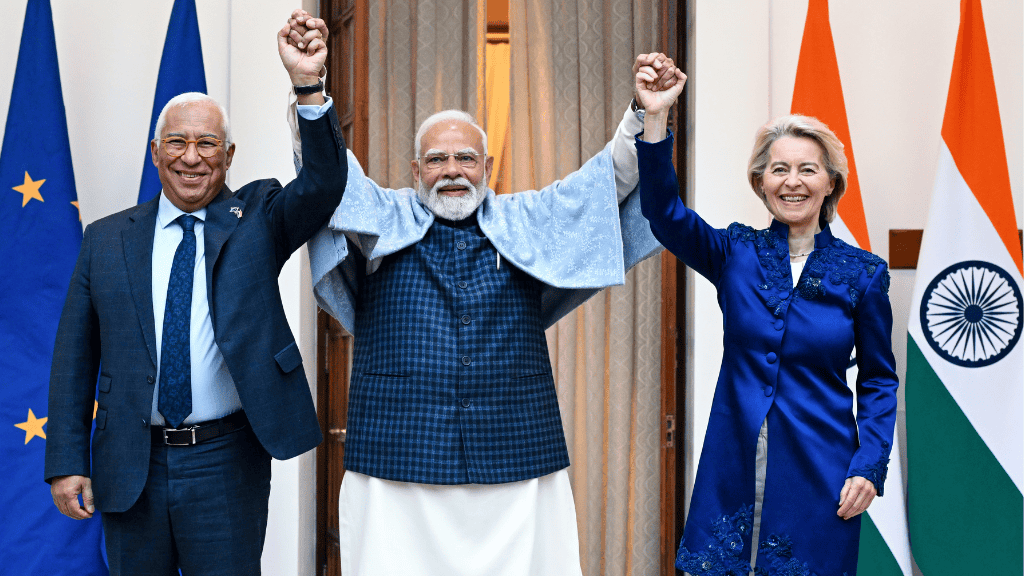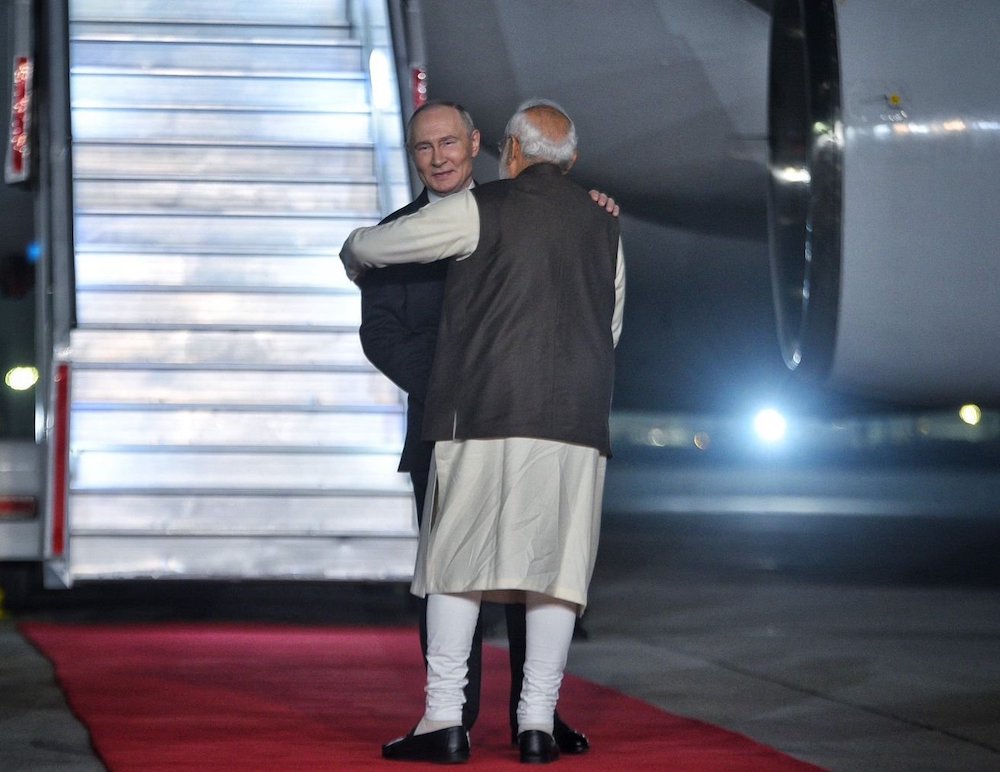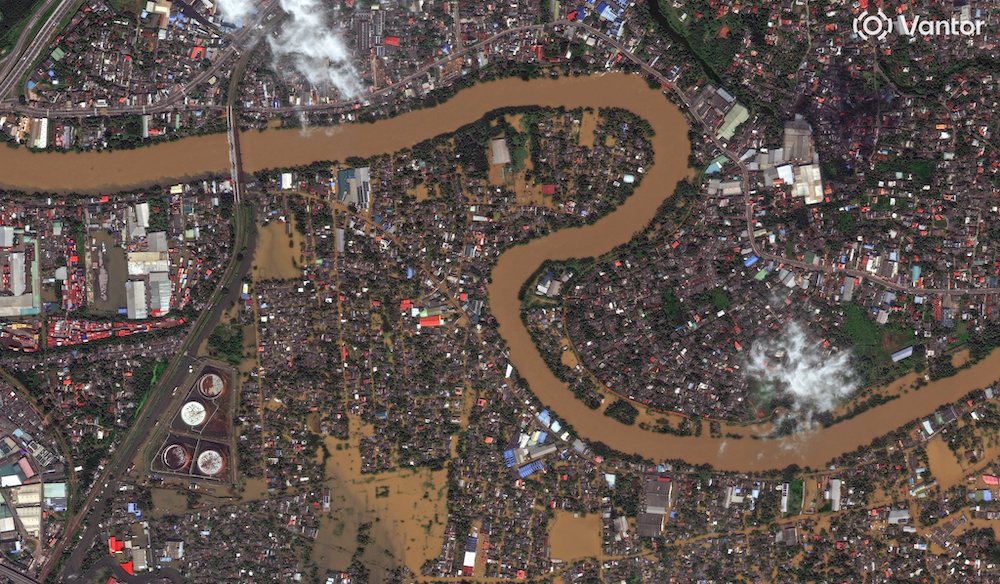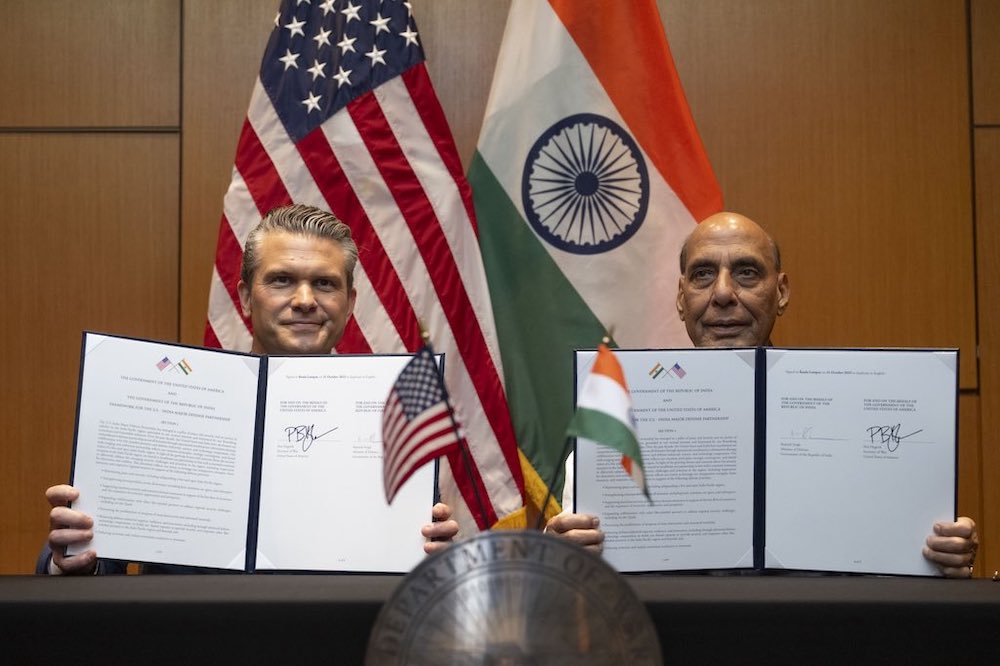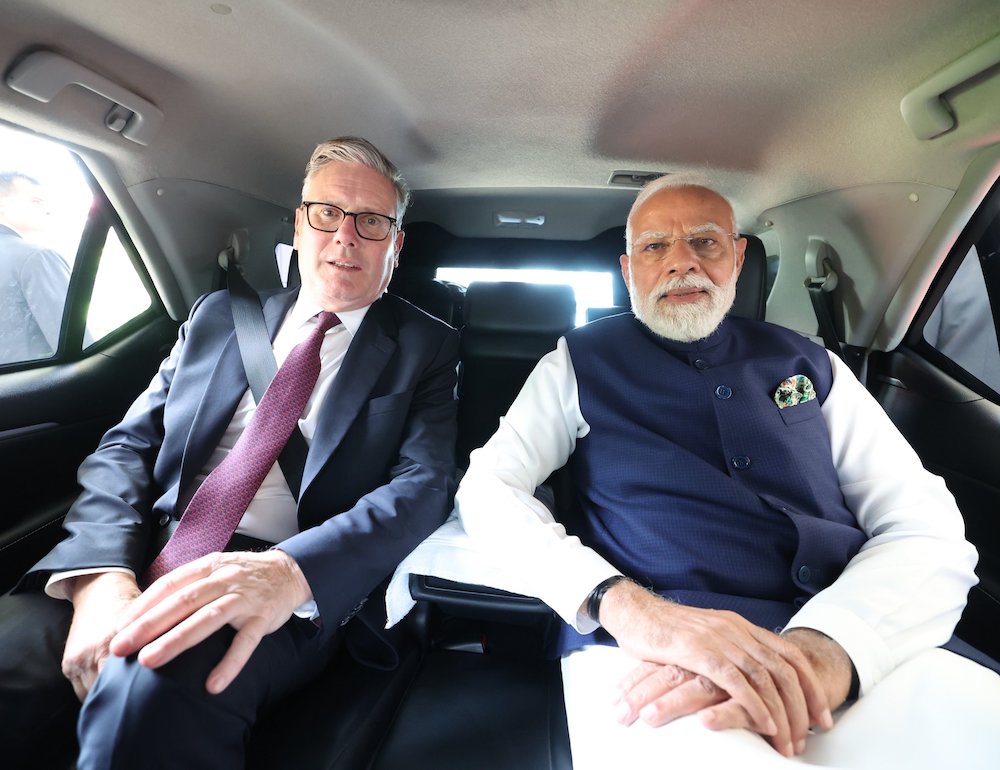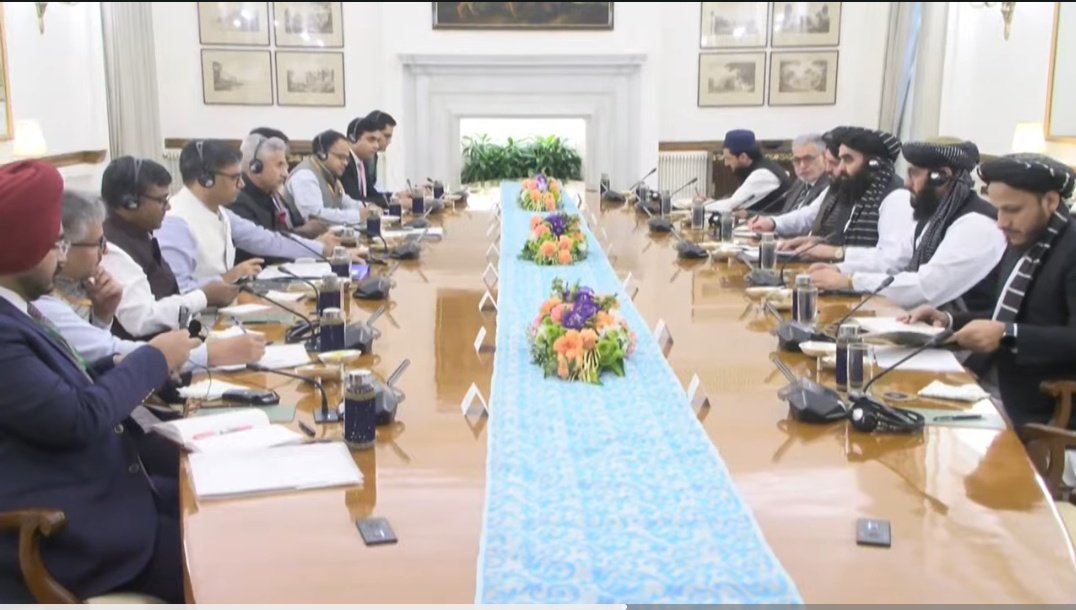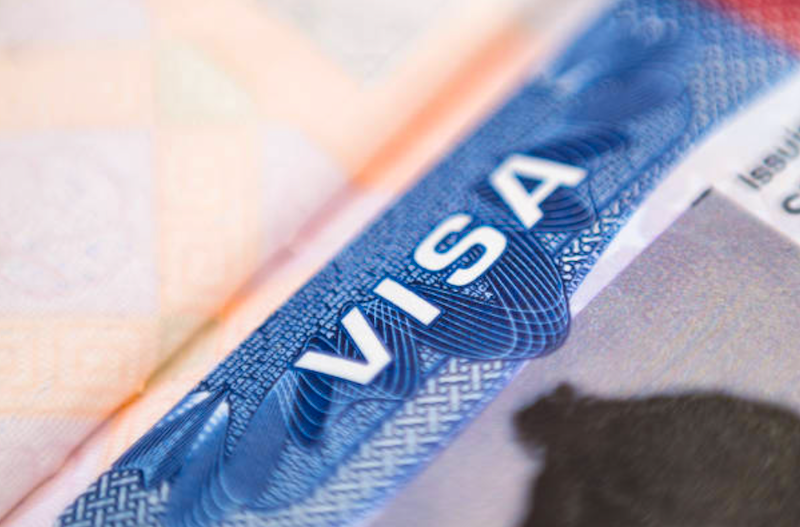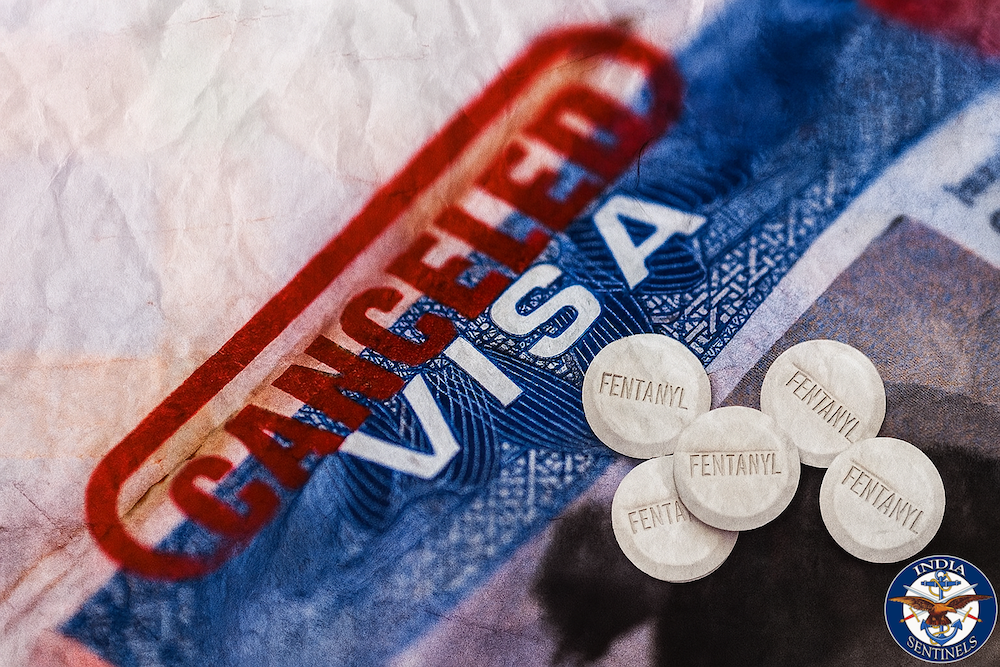 Illustration for representation. (© India Sentinels 2025–26)
Illustration for representation. (© India Sentinels 2025–26)
New Delhi: The United States has revoked visas of several Indian corporate executives and their family members for alleged involvement in trafficking fentanyl precursors, the US embassy in New Delhi announced on Thursday. The embassy invoked sections 221(i), 212(a)(2)(C), and 214(b) of the US Immigration and Nationality Act to deny future visa applications from these business leaders and flag executives from companies linked to fentanyl precursor trafficking for enhanced scrutiny.
The move affects not only the named executives but also their immediate family members, who may now be permanently barred from entering the United States. The embassy has not disclosed the number of individuals affected or identified the companies involved.
“Individuals and organizations involved in the illegal production and trafficking of drugs to the United States, along with their families, will face consequences that may include being denied access to the United States,” the chargé d’affaires, Jorgan Andrews, said in a statement.
The action represents the latest escalation in Washington’s campaign against the synthetic opioid epidemic that has claimed over 70,000 American lives annually. Fentanyl precursors – chemicals used to manufacture the deadly synthetic opioid – have increasingly been sourced from countries including India and China before being processed into finished drugs, primarily in Mexico.
The administration of the US president, Donald Trump, has prioritized disrupting these supply chains through a combination of sanctions, visa restrictions, and diplomatic pressure. Previous measures have targeted Chinese manufacturers and Mexican cartels, but this marks a significant step in holding Indian chemical manufacturers accountable.
Section 221(i) of the US Immigration and Nationality Act allows consular officers to revoke visas at any time, while sections 212(a)(2)(C) and 214(b) provide grounds for denying entry based on drug trafficking activities and failure to establish eligibility for the requested visa category.
The embassy’s decision to extend consequences to family members reflects a broader strategy of creating personal stakes for corporate executives involved in illicit activities. This approach has been used previously against officials from countries including Russia and Iran.
India’s chemical industry under lens
India’s large pharmaceutical and chemical manufacturing sector has faced increasing international scrutiny over the diversion of legitimate chemicals for illicit drug production. The country produces numerous chemicals that can serve as precursors for synthetic drugs, making supply chain monitoring challenging.
While the government has cooperated with US authorities in drug enforcement efforts, the latest visa revocations suggest American officials believe more aggressive action is needed to address the problem at its source.
The embassy statement acknowledged “close cooperation” with Indian counterparts but stopped short of detailing specific joint operations or intelligence sharing arrangements.
The announcement comes as the US and India navigate complex bilateral relations spanning trade, defence cooperation, and regional security challenges. Drug trafficking enforcement has emerged as a key area where both countries face pressure to demonstrate concrete results.
The visa revocations avoid the more severe step of imposing entity-level sanctions on Indian companies, which could have broader economic implications for bilateral trade relationships worth over $190 billion annually.
However, the threat of “heightened scrutiny” for executives from implicated companies signals that additional measures could follow if trafficking activities continue.
The embassy emphasized that stopping fentanyl precursor flows “is one of our top priorities” and warned that both governments must work together to address what officials term a “transnational threat”.

